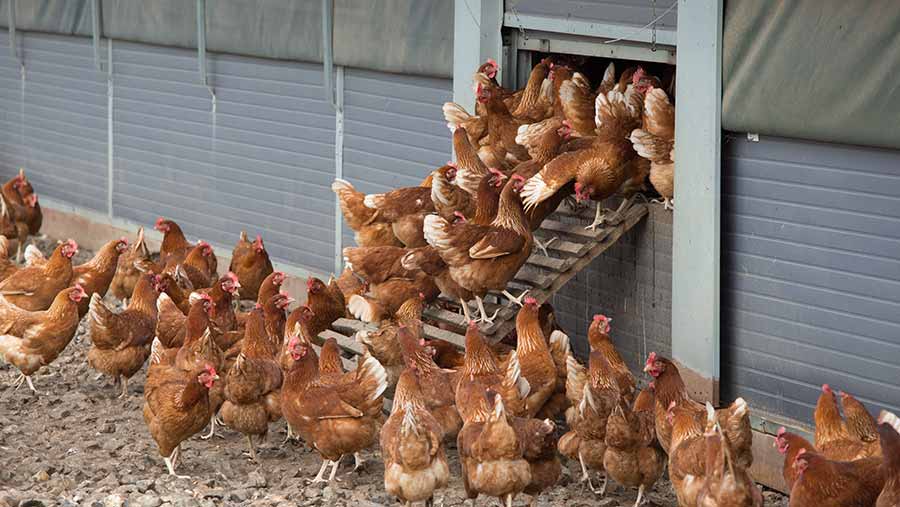Poultry chiefs warn strikes could delay salmonella samples
 © Tim Scrivener
© Tim Scrivener Poultry producers who need to send samples for salmonella testing during Royal Mail strikes over August and September have been advised to arrange alternative delivery.
Royal Mail has warned of disruption to its services after postal workers announced strikes on 26 and 31 August and 8 and 9 September.
Additionally, some Post Office workers will be taking strike action on 26, 27 and 30 August, which will mean some branches are likely to be closed on those dates.
See also: 11 handy tech solutions for poultry farmers
Broiler and egg producers have been advised to plan ahead and arrange private couriers if they need to send samples on or around the affected dates.
Defra rules state that laboratories must start testing the samples within four days of them being collected from broilers and laying hens.
Further samples will be required if they are delayed in the post or the lab cannot start testing within the four days.
Contingency plan
The NFU, the British Poultry Council (BPC) and the British Free Range Egg Producers Association (BFREPA) have advised producers to put contingency plans in place to avoid being caught out.
BFREPA chief executive Robert Gooch said: “Despite the upcoming postal strikes, salmonella samples will have to be in the lab within four days of sampling as it is a legal requirement with no derogations for strikes.
“We are advising our members to consider using private couriers or make other arrangements to ensure samples arrive on time.”
NFU chief poultry adviser Aimee Mahony added: “It’s largely about planning ahead and finding an alternative delivery route if required, in order to guarantee samples arrive at their destination in time.”
Richard Griffiths, the BPC chief executive, said its members had been advised to plan testing to avoid proposed strike dates or ensure alternative delivery plans are in place.
Broiler producers do not need to have their flocks tested if they farm fewer than 2,000 chickens; produce meat for private use only, rather than for sale; and sell meat direct to consumers through farmgate sales or to local retailers that only supply consumers.
All commercial laying flocks must be sampled, unless the premises has fewer than 350 hens or supplies the consumer direct, such as through farmgate sales or local retailers.
Testing is part of the national programme which aims to control the salmonella pathogen in poultry flocks.
